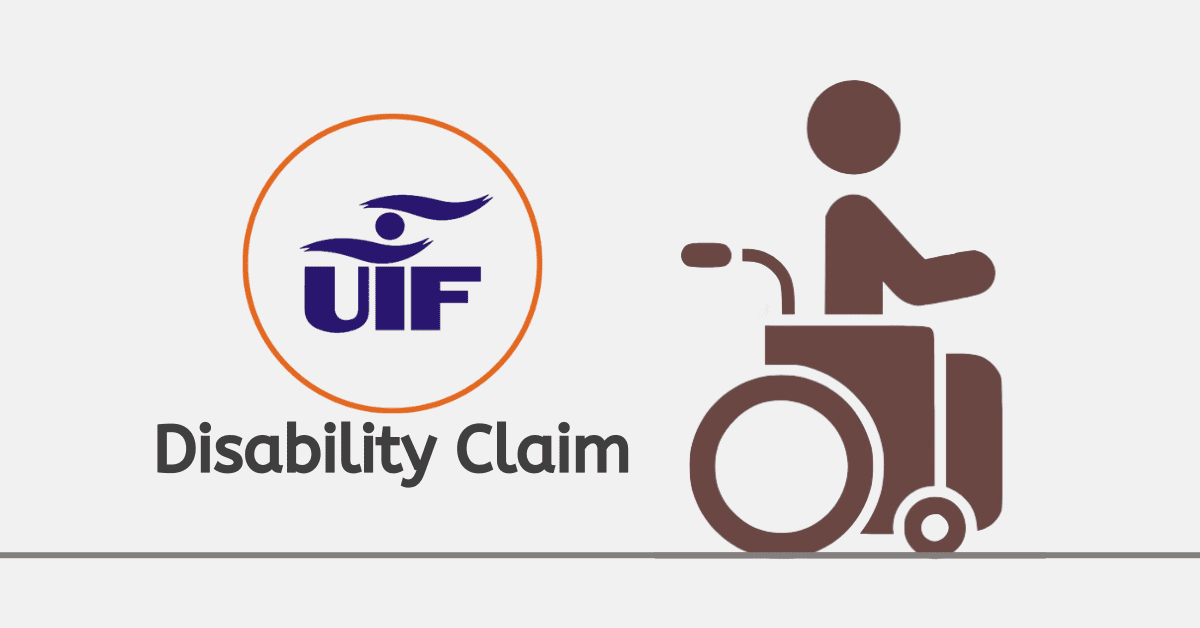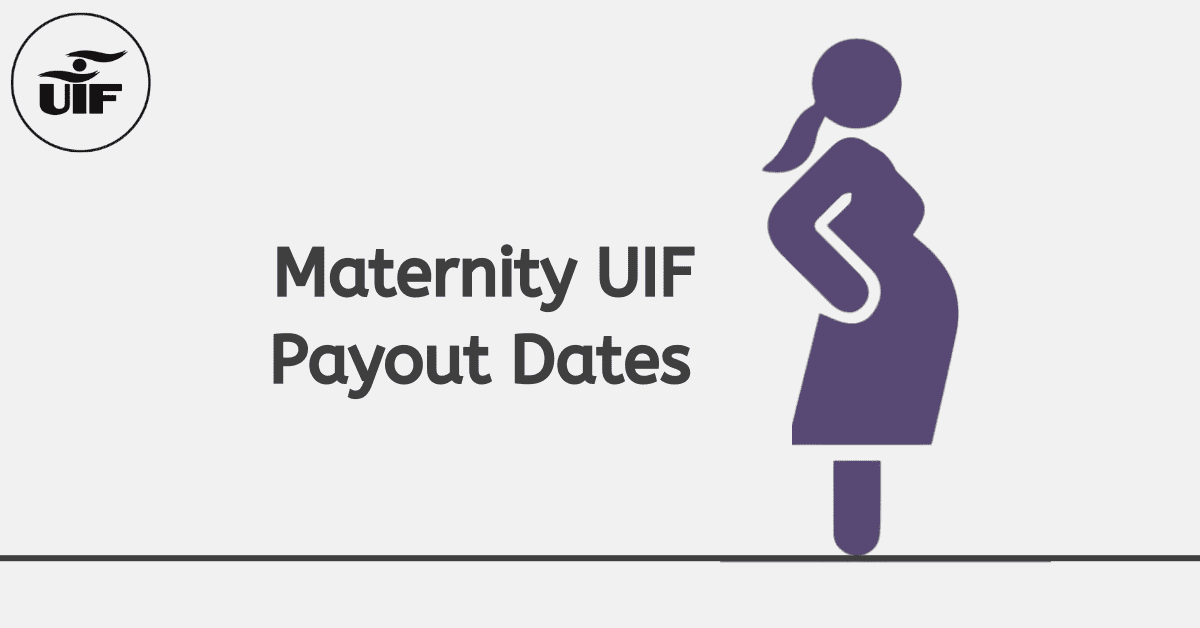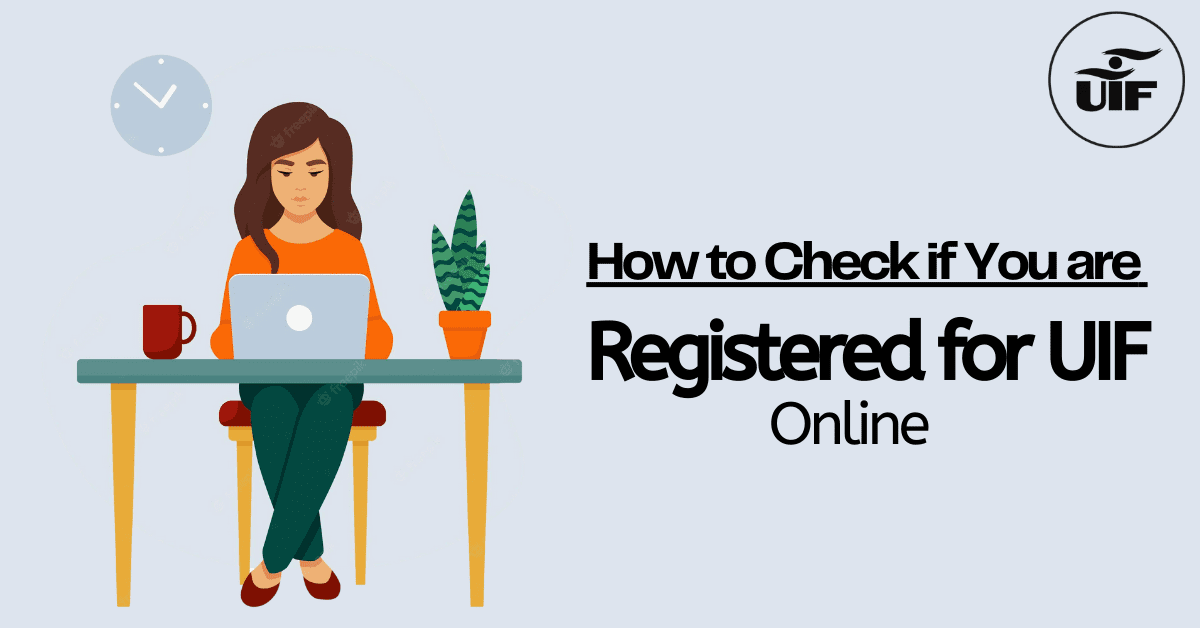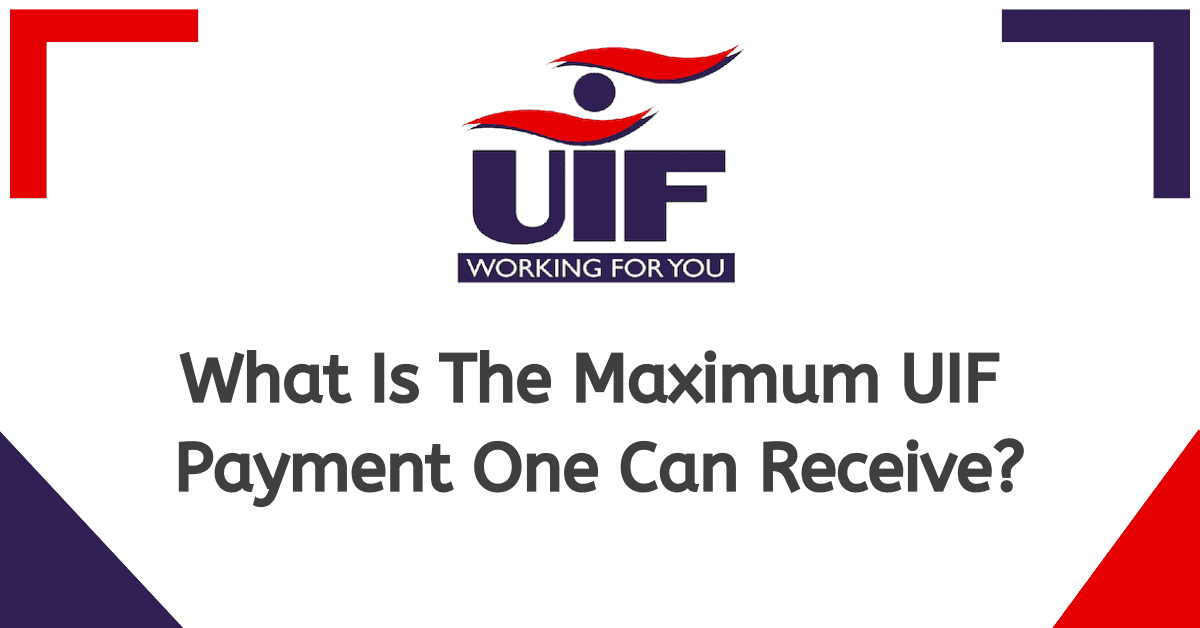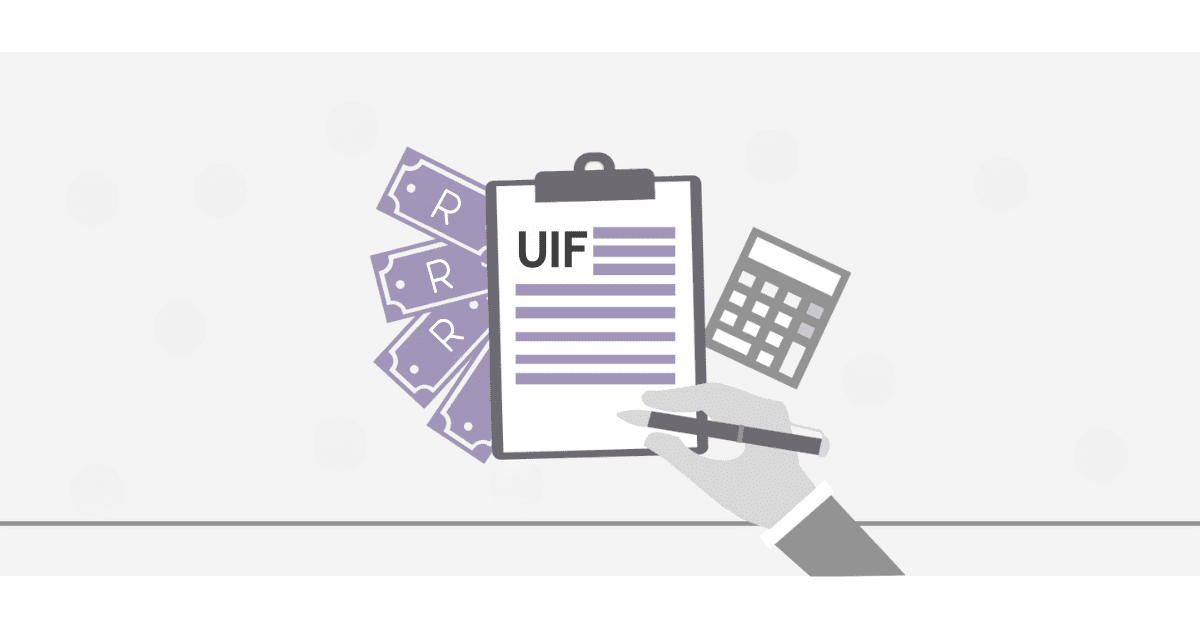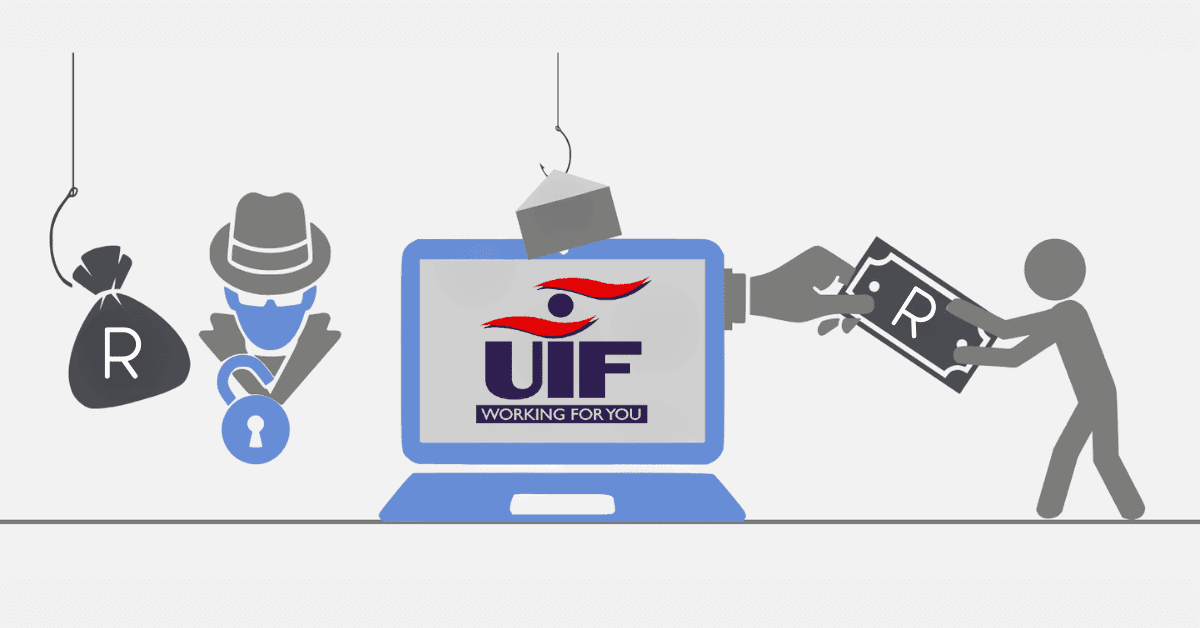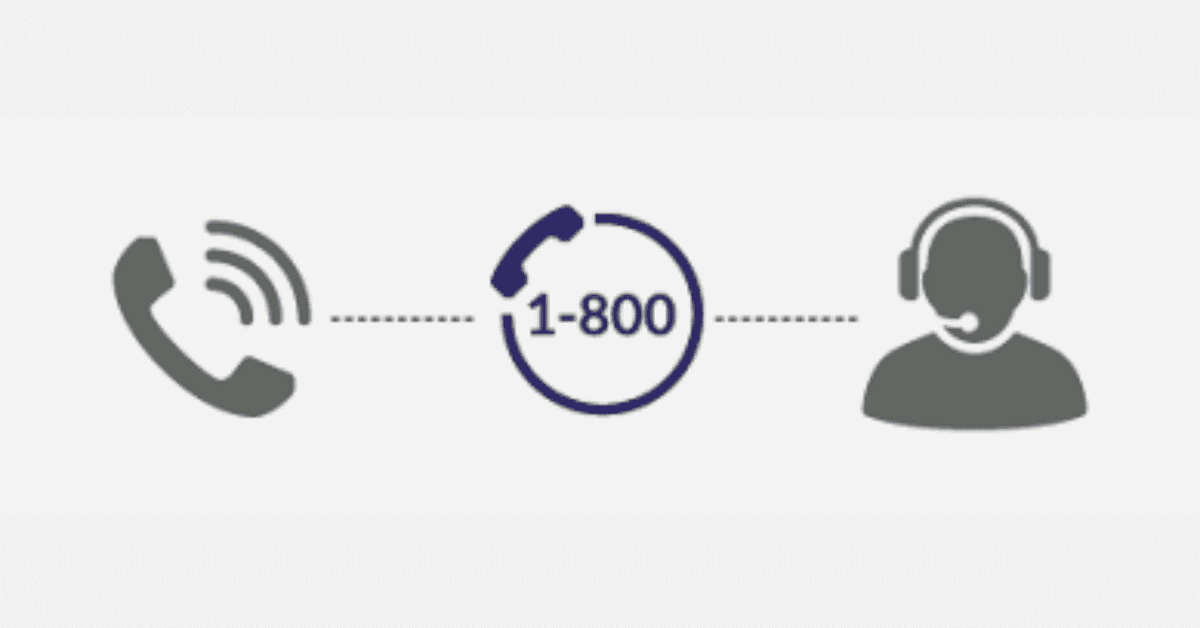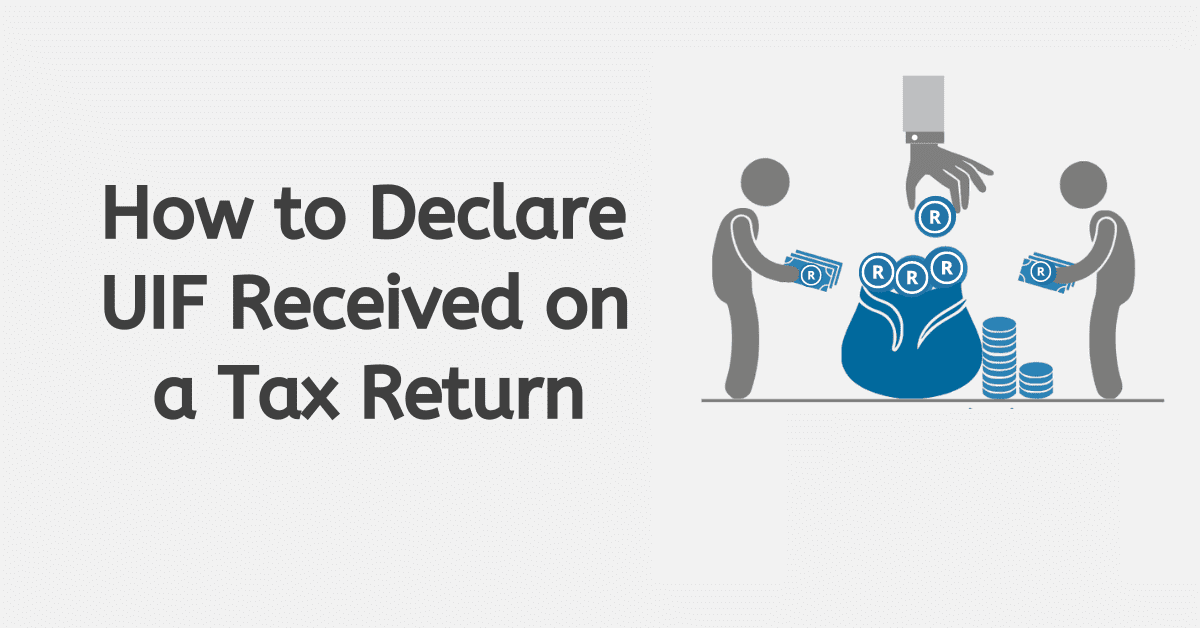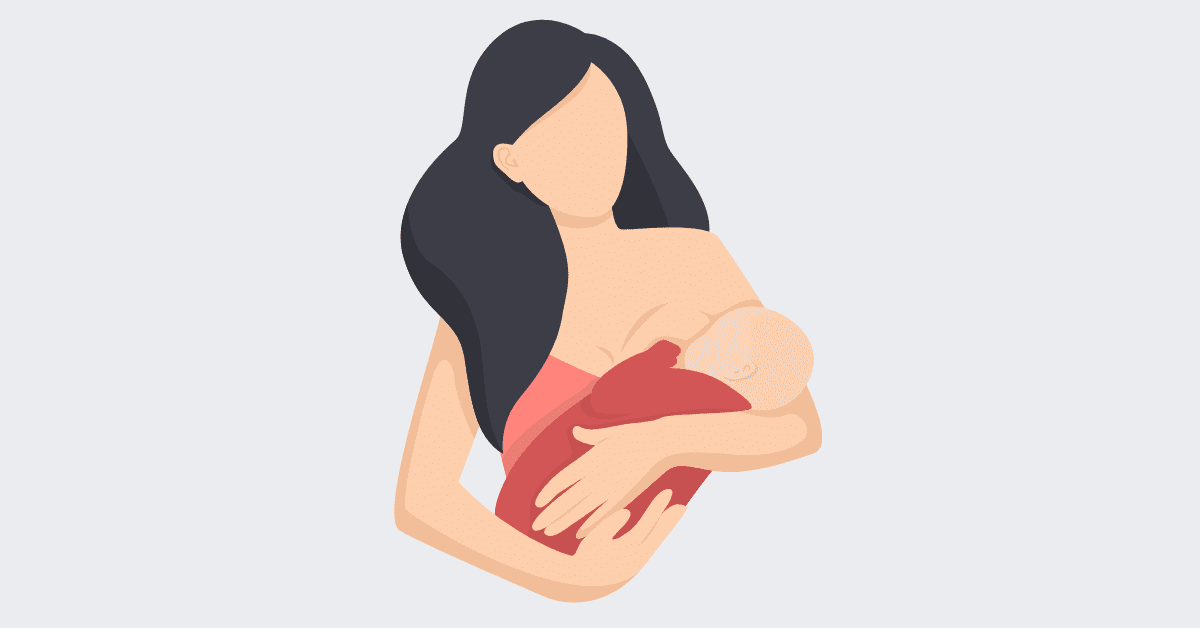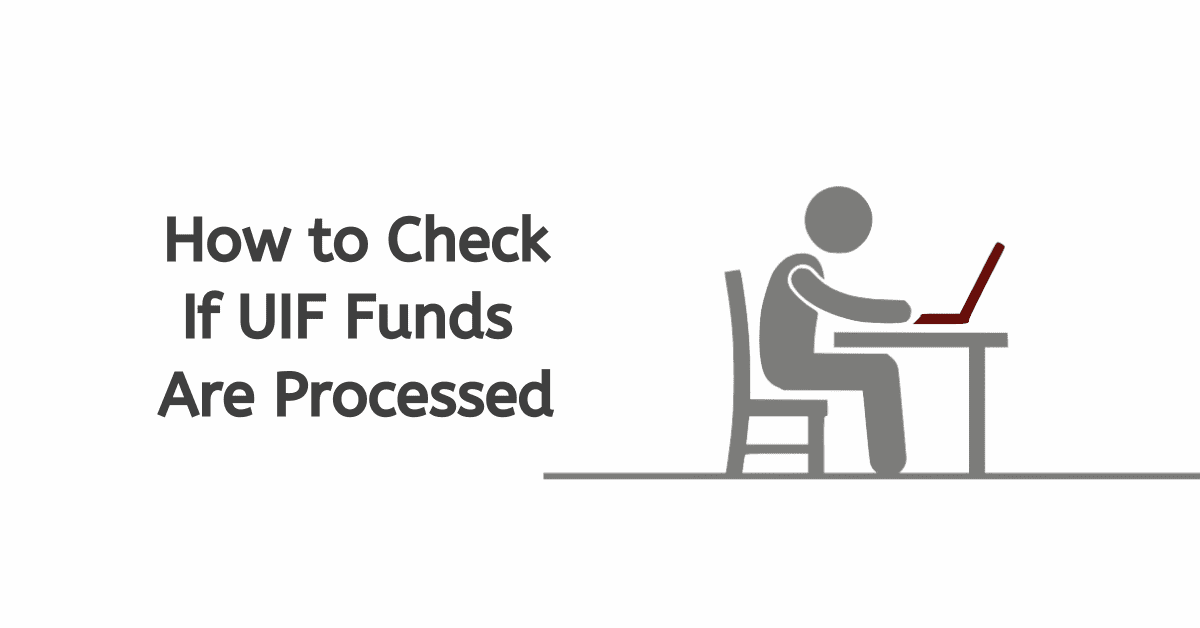If you are a registered UIF member and contribute to the fund, you are entitled to apply for unemployment, illness, maternity, paternity, and death benefits. When it comes to death, the dependents listed by the contributor to the fund are the ones who will claim the benefits. This article explains everything you need to know about UIF death benefits.
How Much Is UIF Death Benefits
The death benefits paid to the beneficiaries of the contributor depend on factors such as your salary and the period you have been contributing. Any person who works more than 24 hours per month must contribute 1% of their gross salary toward UIF, and the employer also contributes 1%. Altogether, your employer will pay 2% of your gross salary to UIF.
The total amount you should get for death benefit is equivalent to the money due to you upon the termination of your employment. In other words, the death benefit is the same amount you would have claimed when you became unemployed. Your contributions during your employment constitute the benefits you will get when you are out of employment.
Therefore, you can the amount your dependents can get after your death. When you have been contributing during the previous four years or more, you can claim for 238 days or eight months. If you have contributed less than four months, you will be able to claim one day for every six days worked while at the same time contributing to the fund.
You will get a percentage of the salary you earn, and the highest amount you can get is 58%. Additionally, the highest salary ceiling that is deducted for UIF is R17 712. You must start by calculating your daily earnings first to work out your UIF payout. Use the formula below to calculate your UIF payment.
• R17 712 (Monthly salary) x 12 (Months per year) ÷ 365 Days in a year) = daily income (Year 1).
• R17712 x 12 / 365 = R582.31 per day.
If you are a high-income earner, a scale of 38 % will be used as follows.
- 38 / 100 x R582,31 = R221.27
Therefore, the maximum payout you can get in this case will be R221.27 x 238 (days) = R52, 662. 26. As we have explained above, the deceased’s salary, period of contributing to the fund, and length of employment period determine the final sum. The money is paid as a lump sum. In some cases, the amount can be around R25,000.
Does UIF Pay Out on Death?
UIF is administered by the Department of Labour, and it is different from a funeral policy. Therefore, it does not pay out on the death of a person. A spouse gets the first preference to claim the UIF death benefit within 18 months. If the spouse is not available, the children or other chosen beneficiaries can claim the benefits.
UIF does not pay out on the death of the contributor because there are several things involved in awarding the benefit. The process can be slow, complicated, and controversial. The contributors and their dependents often misunderstand it, and this contributes to the frustration that is caused by the death of the breadwinner.
The payment delays in the awarding of death benefits are inevitable since the fund is required by law to pay the benefits to the proven beneficiaries of the contributor. If the deceased has listed other members outside the family to get a portion of the benefits, the UIF conducts thorough assessments to ensure they pay the money to proven dependents.
The entire process of determining the UIF death benefits for the dependents can take several weeks or months to complete. Thorough verification of the documents helps prevent fraud and ensures that the right people get the benefits. Therefore, the survivors need to exercise patience because the fund does not pay out on the death of the contributing member.
How Does UIF Death Benefits Work?
All employees working more than 24 hours per month contribute to the Unemployment Insurance Fund. The employee and the employer contribute a combined 2% that is deducted from the employee’s gross salary.
If the contributor dies, the dependents will access the money contributed. This is known as UIF death benefits, and only proven beneficiaries are entitled to get the payment which comes as a lump sum. The beneficiaries must apply for the benefits within 18 months of the employee’s death.
If you are the dependent, you need to visit your nearest Labour Center and complete Form 126. You must complete all the required documents and ensure all the details are correct. The deceased’s last employer must complete Form UF128. The death benefit payout is used to cover the void left by the breadwinner. However, the money might not be little, but it will play a crucial role in the lives of the dependents.
How Long Does a UIF Death Claim Take To Pay Out
Like other UIF benefit claims, you can start getting a payout for a death claim in about eight weeks from the time you submit your application. The verification process is usually longer, and this affects the payment. If you don’t receive the money in eight weeks, you need to phone the Labour Center to find out what could be causing the delay.
When you phone the labour department, ensure you have your ID, and UIF references to make the process easier. When the application for death benefit is approved, the UIF offers a once-off payment. The lump sum depends on the contributor’s salary and their duration contributing to the fund.
If you contribute to the UIF, your dependents are entitled to claim death benefits when you die. The total amount they can get from the fund depends on the deceased’s salary and their total contributions during their employment. The Department of Labour usually takes up to eight weeks to process death benefits since there are several things involved.
